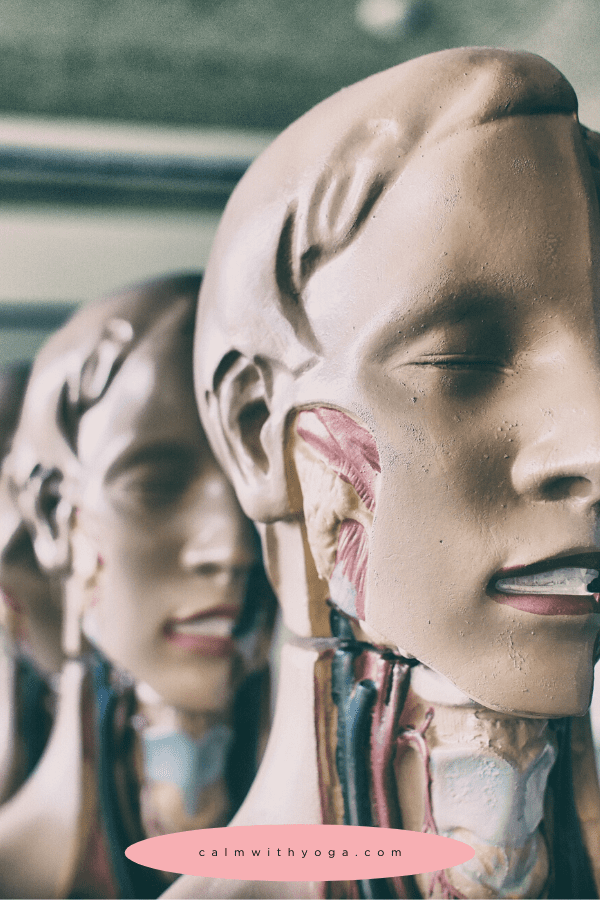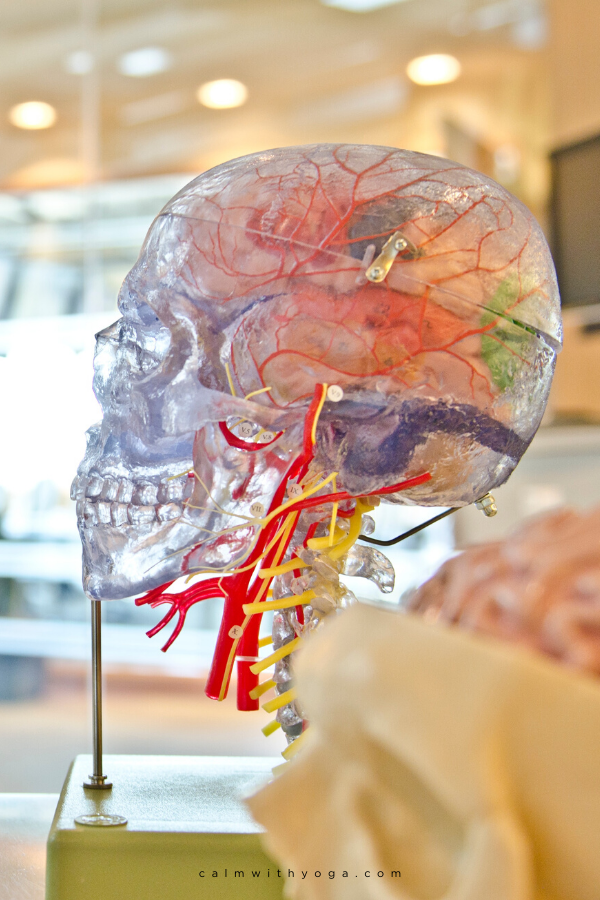– Dr. John Demartini, Researcher, Teacher, & Author This includes panic disorder, panic attacks, social anxiety disorder, social phobia (phobic, avoidance of social situations), agoraphobia, obsessive-compulsive disorder (OCD), posttraumatic stress disorder (PTSD), and generalized anxiety disorder. According to the ADAA (Anxiety & Depression Association of America) they’re the most common mental health issue in the U.S. and after 18% of the population (40 million adults over 18) every year. (1) Although these disorders are highly treatable only 36.9% actually receive treatment. Although the symptoms of anxiety are many, the physical symptoms end up compromising the quality of life the most. Also according to the ADAA – those experiencing anxiety are 3-5 times more likely to see a doctor and 6 times more likely to go to the hospital for psychiatric disorders than those who don’t have anxiety. (2) It’s believed that people experiencing anxiety and even major depression have high rates of comorbidity. This means they have an increased chance of experiencing two chronic diseases at once. This is likely because chronic unmanaged anxiety creates chaos in the body and often compromises immune function and gut health while also increasing inflammation in the body. Studies suggest a link between anxiety and chronic gut disorders. So how does anxiety affect the body? What are some anxiety symptoms to look out for?
The Physiology of Anxiety – How It Impacts Body Function:
What exactly is physiology? Physiology is the branch of biology that studies how life functions; it looks at the way in which a living system (and its parts) function normally. Physiology refers to how your body functions. Anxiety impacts the way your body functions in significant ways. Your body is built to recover from short-term stress response activation, but when you have anxiety you’re experiencing a prolonged stress response. Your autonomic nervous system (ANS) is the part of your nervous system that is most impacted by anxiety and mood disorders. Your ANS oversees many of your vital body functions such as: heart rate, blood flow/ blood pressure, chest pain, and hyperventilation (decrease carbon dioxide). Your ANS has two branches: The sympathetic nervous system – oversees the fight-or-flight stress response (aka startle response). The parasympathetic nervous system – oversees the relaxation and regeneration response. Anxiety disorders can create an imbalance between these two branches causing over-stimulation of the sympathetic nervous system and under-stimulation of the parasympathetic nervous system. When your ANS is imbalanced it creates risk factors for other disorders, diseases, and medical conditions. (Hence the increased risk of comorbidity.) You’re also at a higher increased risk of having an imbalanced ANS if you’ve experienced traumatic events emotionally charged life events such as near-death experiences, childhood trauma, car accident, loss of a loved one, etc.
How Chronic Unmanaged Anxiety Changes Your Brain:
According to neuroimaging (brain imaging), if left untreated, anxiety can actually change brain structure. According to therapist Kimberly Hershenson, LMSW: “The hippocampus, which is the part of the brain that turns anxiety-provoking events into memories, actually can shrink due to untreated anxiety. Anxiety can cause the volume of gray matter in the brain to decrease, as well as the size and connectivity of the amygdala.” (3) What You Can Do To Manage Anxiety: Traditional options in conventional medicine include medication such as SSRI’s (selective serotonin reuptake inhibitors). Although they work for some, they don’t come without side effects such as: (4)
Insomnia Changes in appetite causing either weight loss or weight gain Nausea, vomiting or diarrhea Changes in libido Headaches Nervousness, agitation or restlessness Dizziness
Other more traditional options also include cognitive-behavioral therapy (CBT) which is the most widely used form of therapy for anxiety disorders. According to some research it’s been shown to be effective in treating panic disorders, specific phobias, social anxiety, and generalized anxiety disorder. Other effective ways to manage anxiety include: – nutritional changes – supplementation – meditation – yoga practice – gratitude practice – breathwork / pranayama – mindfulness meditation If you’re willing to put in the work you can over time learn to emotionally regulate and self-soothe. This can help you to be more self-governed. This means you develop an acute awareness of what you’re thinking and feeling. In psychology, this is called metacognition or ‘thinking about thinking.’ In the yogic tradition, this is called Svadhyaya or the principle of self-study and introspection. Increased self-awareness means you’re able to control where your attention goes in the moment. It means you’re able to make decisions and take appropriate action from a place of grounded confidence and activated heart intelligence. You activate your body’s three intelligence centers. It means you’re able to utilize your physiology (body function) to work with you, not against you. An individual’s ability to self-regulate (self-manage impulses, urges, and emotions) is one very important aspect of emotional intelligence. Increased personal coherence (when what you’re thinking, feeling, and doing are aligned) allows for such self-regulation to be possible. By increasing self-awareness and personal coherence we can eventually:
Take control of our anxiety Rebalance our nervous system naturally Increase stress resilience (the ability to bounce back from stressful situations) Take ownership of our mental, emotional, and physical health and well-being
You already have everything you need to achieve this within you. You don’t need to rely on anything external or outside of yourself. Do you believe your body was created to provide you with precisely what you need to become coherent and transform your anxiety? REFERENCES : (1) https://adaa.org/about-adaa/press-room/facts-statistics (2) https://www.news-medical.net/health/Generalized-Anxiety-Disorder-Comorbidities.aspx (3) https://www.bustle.com/p/11-ways-your-brain-changes-when-you-dont-treat-your-anxiety-8907435

